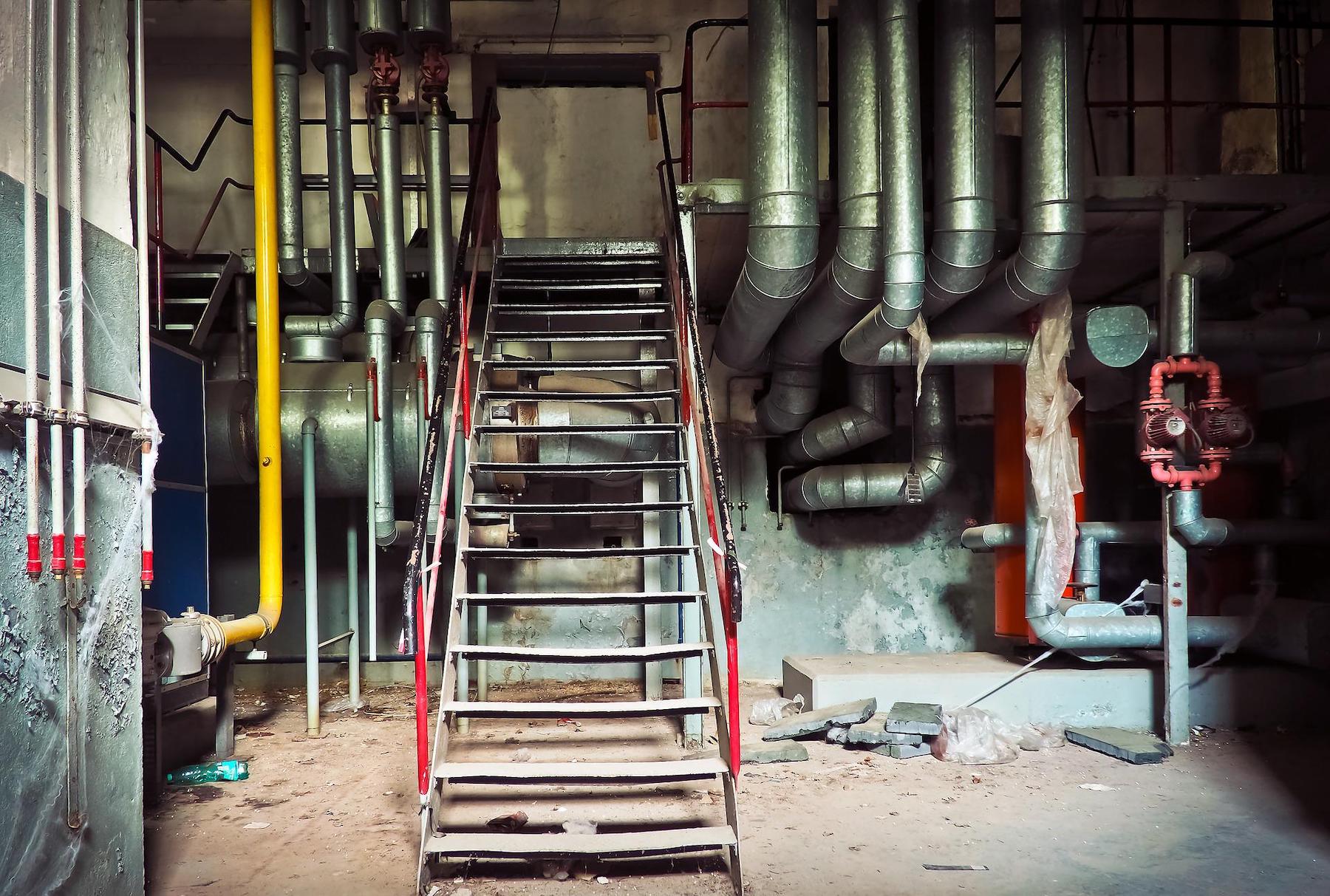Washington recently became the first state to require all electric heat for new buildings.
Under the state’s new energy code, most new commercial and large multifamily buildings will have to install heat pumps. The State Building Code Council, which voted to adopt a revised energy code that includes the all-electric provision, will consider a similar proposal for smaller residential buildings later this year. The revised code also requires the use of heat-pump hot water heaters.
The new Washington code includes exemptions for hospitals, research facilities, and other buildings where fossil fuels are required for “specific needs that cannot practicably be served by heat pumps.” Washington’s action is the latest in a widespread effort to transition buildings to appliances and HVAC equipment that can be powered by clean electricity. Advocates in many areas are backing legislation and code updates that restrict the expansion of natural gas use in new buildings.
There has been significant pushback on these efforts, though. In early April, a proposed gas ban for new buildings in New York State was dropped during contentious budget negotiations. (New York City, however, did impose a gas ban on new buildings in December.) California adopted a building code change last August that strongly discourages gas hookups in new buildings but does not mandate it.
Related Stories
| Aug 26, 2022
Idaho Building Code Board considers gutting large part of state energy code
Idaho Building Code Board considers gutting large part of state energy code.
| Aug 25, 2022
New York City’s congestion pricing aims to reduce traffic, cut carbon
Officials recently released an environmental assessment that analyzes seven different possible pricing schemes for New York City’s congestion pricing program.
| Aug 23, 2022
New Mass. climate and energy law allows local bans on fossil fuel-powered appliances
A sweeping Massachusetts climate and energy bill recently signed into law by Republican governor Charlie Baker allows local bans on fossil fuel-powered appliances.
| Aug 22, 2022
Gainesville, Fla., lawmakers moved to end single-family zoning
The Gainesville City Commission recently voted to advance zoning changes that would allow duplexes, triplexes, and quadplexes to be built on land currently zoned for single-family homes.
| Aug 19, 2022
Future sea rise could expose 720,000 more people on East Coast to flooding
An analysis by NPR based on modeling from the National Hurricane Center for New York City, Washington, D.C., and Miami-Dade County found future sea rise could expose about 720,000 more people to damaging floods later this century.
| Aug 16, 2022
DOE funds 18 projects developing tech to enable buildings to store carbon
The Department of Energy announced $39 million in awards for 18 projects that are developing technologies to transform buildings into net carbon storage structures.
| Aug 11, 2022
Report examines supposed conflict between good design and effective cost management
A report by the American Institute of Architects and the Associated General Contractors of America takes a look at the supposed conflict between good design and effective cost management, and why it causes friction between architects and contractors.
| Aug 10, 2022
U.S. needs more than four million new apartments by 2035
Roughly 4.3 million new apartments will be necessary by 2035 to meet rising demand, according to research from the National Multifamily Housing Council (NMHC) and National Apartment Association.
| Aug 9, 2022
Work-from-home trend could result in $500 billion of lost value in office real estate
Researchers find major changes in lease revenues, office occupancy, lease renewal rates.
Legislation | Aug 8, 2022
Inflation Reduction Act includes over $5 billion for low carbon procurement
The Inflation Reduction Act of 2022, recently passed by the U.S. Senate, sets aside over $5 billion for low carbon procurement in the built environment.

















